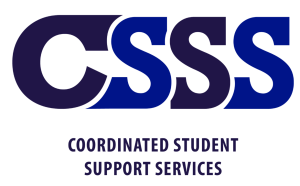Hazard Analysis and Critical Control Point
Food Safety in Schools
- As a result of Federal legislation, all schools and residential facilities participating in the National School Lunch Program are required to implement a HACCP food safety program.
- In addition, each school/residential facility must have at least two food safety inspections per year.
- Print a copy of the Outline of What to Include in the Written HACCP Plan – The following resources below are links to all the forms and resources needed for the written HACCP Plan.
Nebraska Food Code from the Nebraska Department of Agriculture Food Safety and Consumer Protection
Resources
Checklist for Managers Planning for a Loss of Water Service
Checklist for Managers Recovery Following an Interruption of Water Service
Checklist for Managers Response to a Long-Term Loss of Water Service
Checklist for Managers Response to a Short Term Loss of Water Service
Loss of Water Service in Schools Resource
Temperature Logs
- Cooking and Reheating Temperature Log for Kitchens that Prepare and Serve Food Onsite
- Cooking and Reheating Temperature Log for Kitchens that Prepare Food for Delivery
- Receiving Log.pdf
- Cooling Log.pdf
- Damaged or Discarded Product Log.pdf
- Refrigeration Log.pdf
- Sanitizer Log.pdf
- Thermometer Calibration Log.doc
All applicable SOPs should be documented and included in your written HACCP plan. Read through them and modify them for your foodservice program. These files are in Microsoft Word Format.
Chemical Sanitizer Monitoring Form
Controlling Time & Temperature during Preparation
Cooking Time and Temperature Control for Safety Foods
Cooling Time and Temperature Control for Safety Foods
Date Marking Ready-to-Eat Potentially Hazardous Food
Holding Hot and Cold Time and Temperature Control for Safety Foods
No Bare Hand Contact with Ready to Eat Foods
Preventing Cross-Contamination during Storage and Preparation
Sanitizing Food Contact Surfaces
Food Safety Training Websites
Regulatory Websites
- NE Department of Health and Human Service – Nutrition & Food Safety
- Environmental Health Programs Field Areas
- NE Department of Agriculture – Food Safety & Consumer Protection
- Lincoln/Lancaster County – Food Safety Permits
- Grand Island – Hall County Food Safety Program
- Omaha – Douglas County Health Department





